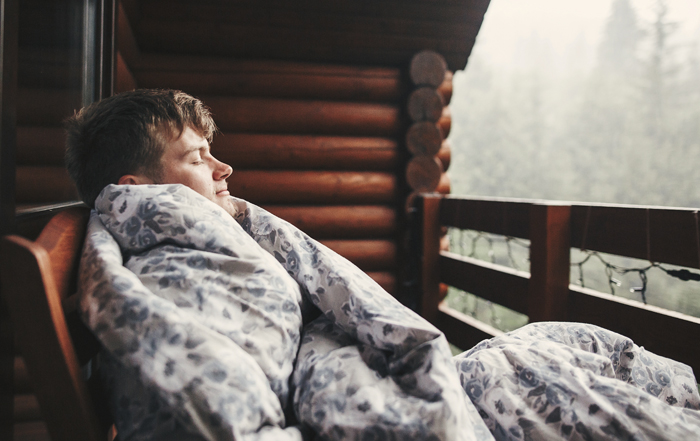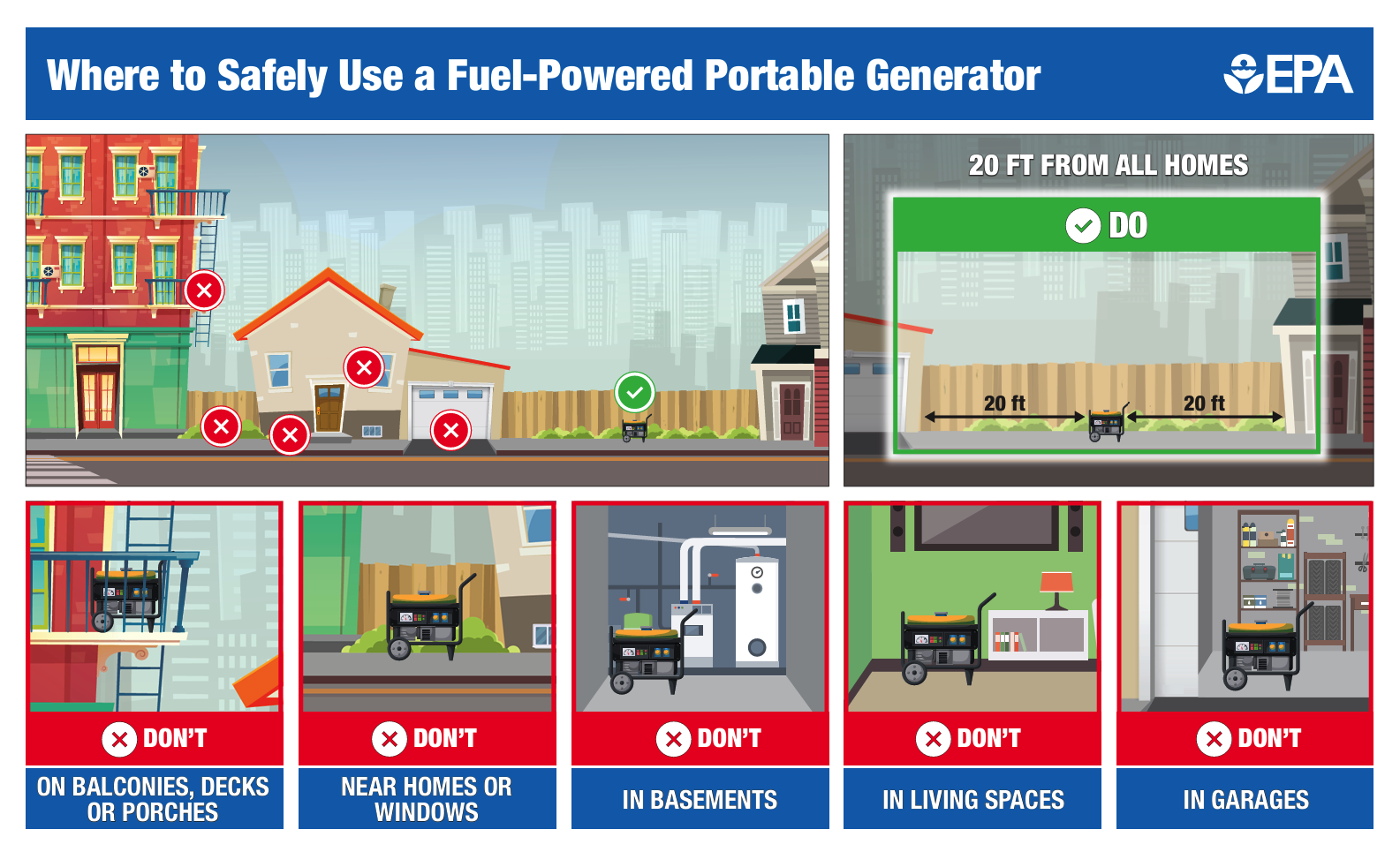December 19, 2023
Bundle up; this could take a while.
Make sure you have many blankets and bundle up to stay warm in the cold. Even after the storm has passed, there will be a time when power hasn’t yet been restored. Make sure you have a lot of blankets available and keep warm.
To keep your home warm, it’s a good idea to open the drapes and window shades during the day to let in sunlight. This will help warm up the indoor air. At night, you should close the drapes and shades to retain the heat. It’s best to keep the windows closed when the air outside is colder than the air inside to prevent cold drafts from entering your home.
There are also community warming stations you can go to after roads are safe to drive. These warming stations are usually at schools or fire stations. Learn in advance where these stations are located in your community, and if you can, before an emergency, print out the directions to your closest warming station and keep it in a safe place at home. This is also a good way to foster connections with other people affected by the crisis. Isolation can increase symptoms of anxiety or depression.
You’re gonna get hungry.
Did You Know?
Canned goods and non-perishables are ideal for surviving a storm and its aftermath.
Canned goods and non-perishables are ideal for surviving a storm and its aftermath. It can be tricky, but cooking canned foods on your camp grill will work well and keep you going.
Use your grill to sterilize snow water for drinking. Store boiled snow water in gallon jugs. Water is vital for cooking, drinking, and general hygiene. Ensure you have enough clean and safe water.- Use grills or camp stoves to cook during a storm when there’s no electricity.
You have to go back in time.
With internet services being unavailable or inconsistent, it’s time to rely on technology from the 1980s. Keep a portable radio handy and ensure new batteries are available to receive notifications about changing weather conditions. Your radio will also provide information about community resources, such as public breakfasts or distribution of batteries and other necessities to help weather the storm. This way, you can stay informed and prepared during any emergency.
Portable generators need to be safe.
During power outages, portable generators can help temporarily restore power to a few essential appliances, such as refrigerators, lights, and fans. Most portable generators are powered by gasoline, natural gas, or kerosene. These generators can be safe if used correctly. Proper safety measures need to be taken because they produce toxic fumes. Portable generators powered by batteries or solar power stations are now available and will not give off fumes.
No more screen time. What to do now?
Did You Know?
Tie strings to flashlights and give each of your children their own flashlight. This will help the kids feel more in control of their situation while still having fun.
Engage in mindfulness activities. Anxiety is rooted in the future. Staying mindful of where you are and what’s happening right now will effectively combat anxiety symptoms. In the event of an anxiety attack, here are some coping skills that will help reduce or elevate symptoms.
Connect with another person and look for opportunities to be a helper. The best way to “get out of your own head” is to help someone else. Find out what you can do to help other people struggling with the storm crisis. Call a friend, coworker, or family member to not feel isolated. Find out what’s happening in the community and see how you can assist. Of course, if you can travel safely, leave the house. Go to a library or community center.
The most important concern is to stay safe during a crisis. This will pass, and power will be restored. It might take a little while, but there are resources available to support you and exercises you can perform to lessen any anxiety or depression you may be experiencing. Of course, if you’re having an emergency, please contact the Maine Crisis Line at 1-888-568-1112. For more information on Maine service assistance, visit https://211maine.org/
The Takeaways:






